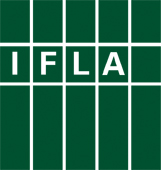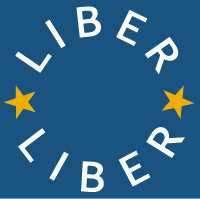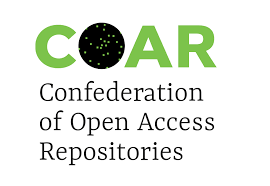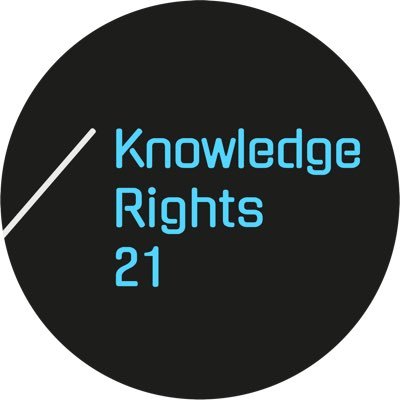Joint Statement: The Digital Services Act – Education and Science Require Better Policy Making Procedures
The below statement has been jointly issued by LIBER (Copyright and Legal Matters Working Group), IFLA, Knowledge Rights 21, SPARC Europe and COAR.
11 July 2022, THE HAGUE — Nearly eighteen months after the Commission first proposed a Digital Services Act (DSA), on June 16th 2022 the European Parliament’s Internal Market Committee endorsed the final agreement, ahead of an expected vote in plenary in July of this year.
Despite numerous calls for clarification in the Act from our organisations, the question as to whether educational and scientific platforms fall in or out of the scope of the Act remains unanswered. These platforms are central infrastructures for the achievement of public interest goals, and yet as we saw with the Commission proposal for the Copyright in the Digital Single Market Directive, they are repeatedly forgotten or ignored when legislating on digital platforms.
The political focus of digital platform-related legislation is commercial platforms responsible for users uploading illegal content, for example, music or films being uploaded to platforms such as YouTube or Facebook.
However, uploading content by end-users is also a standard feature of education and research. Students, academics, researchers, and teachers systematically upload articles, sound recordings, research data, and videos to a wide variety of education and research platforms, ranging from a university’s institutional repository to widely used repositories such as Dryad, ArXiv.org, national repositories, and the European Open Science Cloud (EOSC).
Digital Services Act Interpretation
In the absence of any direction from the Commission, Parliament or Council our organisations would like to highlight to educational and scientific organisations concerned about the impact of the DSA the following:
- Recital 5 of the Act defines information society services in terms of the definition outlined in Directive 2015/1535;
- Directive 2015/1535 defines services being any “service normally provided for remuneration, at a distance, by electronic means and at the individual request of a recipient of services” (emphasis added).
While this may mean that the vast majority, if not all providers of scientific and educational platforms fall outside the scope of the Act, this is not an adequate solution, given that it does not offer the clarity that is both needed and deserved.
Academic Freedoms
Furthermore, we remain concerned that the legislation remains blind to education and research in how it treats “illegal content” such as fake news etc. In one environment this information may be undesirable, but contextualised within a research framework it can be a legitimate subject for research, which can, in turn, support policy formation by local and central governments. The Act entirely ignores the dual quality of information dependent on its context, and the need to research complex problems in order for society to put in place appropriate legal and administrative responses.
Towards an impact assessment process that affirmatively considers education and research
As a result of these repeated failings in the crafting of digital legislation, we call on the Commission to put in place practical steps to ensure education and science are not forgotten in the impact assessment process when scoping new laws relating to digital technologies and intellectual property law. We recommend that existing procedures need to be recalibrated to include a mandatory and affirmative requirement to assess the impacts of new proposed laws on these sectors.
We stand ready to discuss with the Commission how this practical recommendation could best be implemented.
[Photo by Tingey Injury Law Firm on Unsplash]




